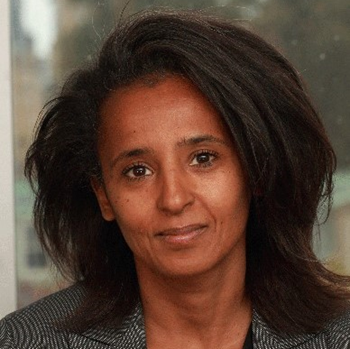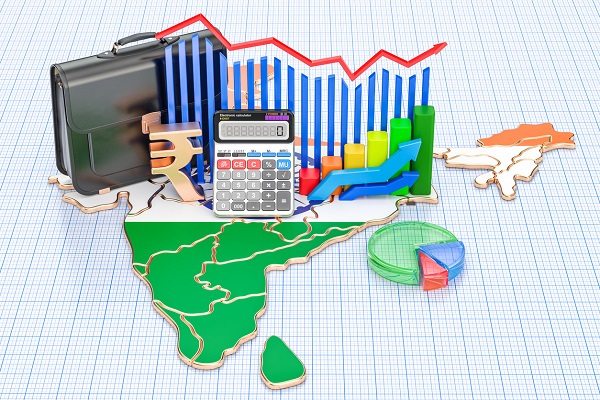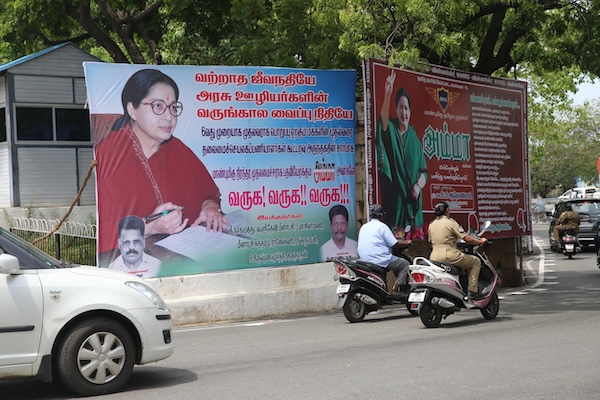.png)

Carla Norrlöf, Professor of Political Science at the University of Toronto, is a non-resident senior fellow at the Atlantic Council.
March 12, 2025 at 3:22 AM IST
In a March 6, 2025, executive order, US President Donald Trump established a “digital gold” Bitcoin reserve, to be capitalized with any BTC seized by federal law enforcement. With the supply of BTC capped at 21 million coins, the administration wants the United States to secure a first-mover advantage as a major holder of an emerging store of value. But since it is unlikely that seized BTC alone can achieve the desired scale, the US also may purchase it on the open market.
Nor is the US alone. Around the world, governments are increasingly considering BTC as a reserve asset. In Brazil, Congressman Eros Biondini has advanced a proposal to require the central bank to accumulate BTC until it accounts for 5% of the country’s reserves. Meanwhile, Bhutan has become one of the world’s largest BTC holders, with its Gelephu Mindfulness City holding the cryptocurrency as a strategic reserve. El Salvador’s president, Nayib Bukele, continues to buy BTC as a strategic reserve, and legislators in Hong Kong have floated a proposal to add BTC to the city-state’s official reserves. China is rumored to be building a BTC reserve in stealth. And a recent Swiss popular initiative aims to require the Swiss National Bank (SNB) to include BTC in its holdings, though SNB President Martin Schlegel rejects the idea, citing concerns about the cryptocurrency’s volatility, liquidity, and security.
But the US government’s decision to join the reserve-diversification party raises serious doubts about the future of its own currency’s hegemony. If more countries or institutions decide to hold BTC instead of dollars, global demand for dollar reserves could decrease over the long term. Legitimizing a rival store of value may shake confidence in the greenback, eroding America’s global reserve-currency status and the advantages it confers. Without strong international demand for the dollar, the US could ultimately lose its “exorbitant privilege” to print and borrow at low interest rates. Endorsing BTC while defending dollar dominance thus requires a delicate balance.
Alongside the BTC policy, the Trump administration is also fundamentally reshaping US trade policy. It has slapped 25% tariffs on Canadian and Mexican imports; increased tariffs on Chinese goods (driving the total average US tariff against that country to 39%); and threatened similar measures against European agriculture. These policies have already created market turmoil – exacerbated by repeated delays and modifications – and invited retaliation.
Because Canada and Mexico rely so heavily on trade with the US, tariffs reduce their exports and dollar inflows, weakening their currencies. By contrast, China’s more diversified export base and controlled currency regime allows it to mitigate US tariff effects and support the renminbi. Moreover, since the US relies so heavily on intermediate inputs from China, the tariffs will raise US production costs, driving up consumer prices and inflation, and eroding the dollar’s appeal.
In addition to reducing demand for US goods and the dollars to buy them, Trump’s policies have introduced unpredictability and thus reduced confidence in US markets. His threats are already pushing the European Union to consider greater currency diversification, and to look for alternative markets. With fewer investors choosing to hold dollar-denominated assets, the dollar has begun to weaken.
Can the US really adopt BTC as a strategic reserve and pursue such trade policies without jeopardizing the dollar’s global standing? Countries commonly hold multiple reserve assets – euros, yen, pound sterling, or gold – in addition to the dollar. Yet BTC’s unique, decentralized structure and finite supply set it apart from these traditional holdings. By formally endorsing it, the US could inadvertently accelerate a global shift away from dollar reserves.
Trump and his team seem to be betting that other forces will kick in, owing to foreigners’ outsize dependence on the US economy. The assumption is that foreign producers will accept lower prices to remain competitive, or that foreign currencies will depreciate to offset the effects of US tariffs, shifting the burden onto foreigners rather than American consumers and producers.
Such is the thinking behind the so-called “Mar-a-Lago Accord”: the Trump administration’s strategy of leveraging punitive tariffs to weaken the dollar, reduce US borrowing costs, and boost manufacturing – all while preserving the dollar’s global dominance. Unlike the Plaza Accord or Louvre Accord, in which major economies agreed to coordinate exchange rates, the US is coercing its major trading partners and foreign central banks into weakening their currencies relative to the dollar, ultimately favoring US economic interests. However, if these economic partners refuse to cooperate, the plan could unravel, and all of the accord’s goals could be derailed.
Much of this strategy comes from a November 2024 paper by the designated chair of Trump’s Council of Economic Advisers, Stephen Miran, who has proposed that the US introduce tariffs in a measured way so that it can collect revenues from import duties without sparking prohibitively high prices for consumers. The US government would levy tariffs on imports from countries that benefit significantly from the US dollar’s reserve status, capturing some of the economic gains that are supposedly flowing to foreign economies. To avoid triggering a surge in domestic inflation, Miran envisions various offsetting currency movements. Through some combination of diplomatic and financial tools, foreign central banks could be persuaded to lower interest rates or use foreign‐currency swaps to keep US inflation in check.
Such will be the price of maintaining access to the US market, which Trump sees as a privilege to be earned. The administration will ratchet up tariffs for uncooperative countries, effectively forcing them to shoulder part of the dollar’s structural costs, or to align more closely with US security and economic objectives. The result would be a “graduated scale” of tariffs based on the selected criteria. Carefully calibrated tariffs and exchange‐rate management, according to Miran, would reinforce the dollar’s global role while also increasing government revenue.
It’s a nice thought. But the Mar-a-Lago Accord, accompanied by an embrace of BTC, could easily backfire. After all, endorsing an alternative reserve asset opens the door to challenges to the dollar’s dominance. Trump’s trade wars assume that US partners will comply. But if they start decoupling from the US market, seek alternative trade or security alliances, or embrace BTC or other currencies for large-scale reserve diversification, all bets are off.
© Project Syndicate 1995–2025




